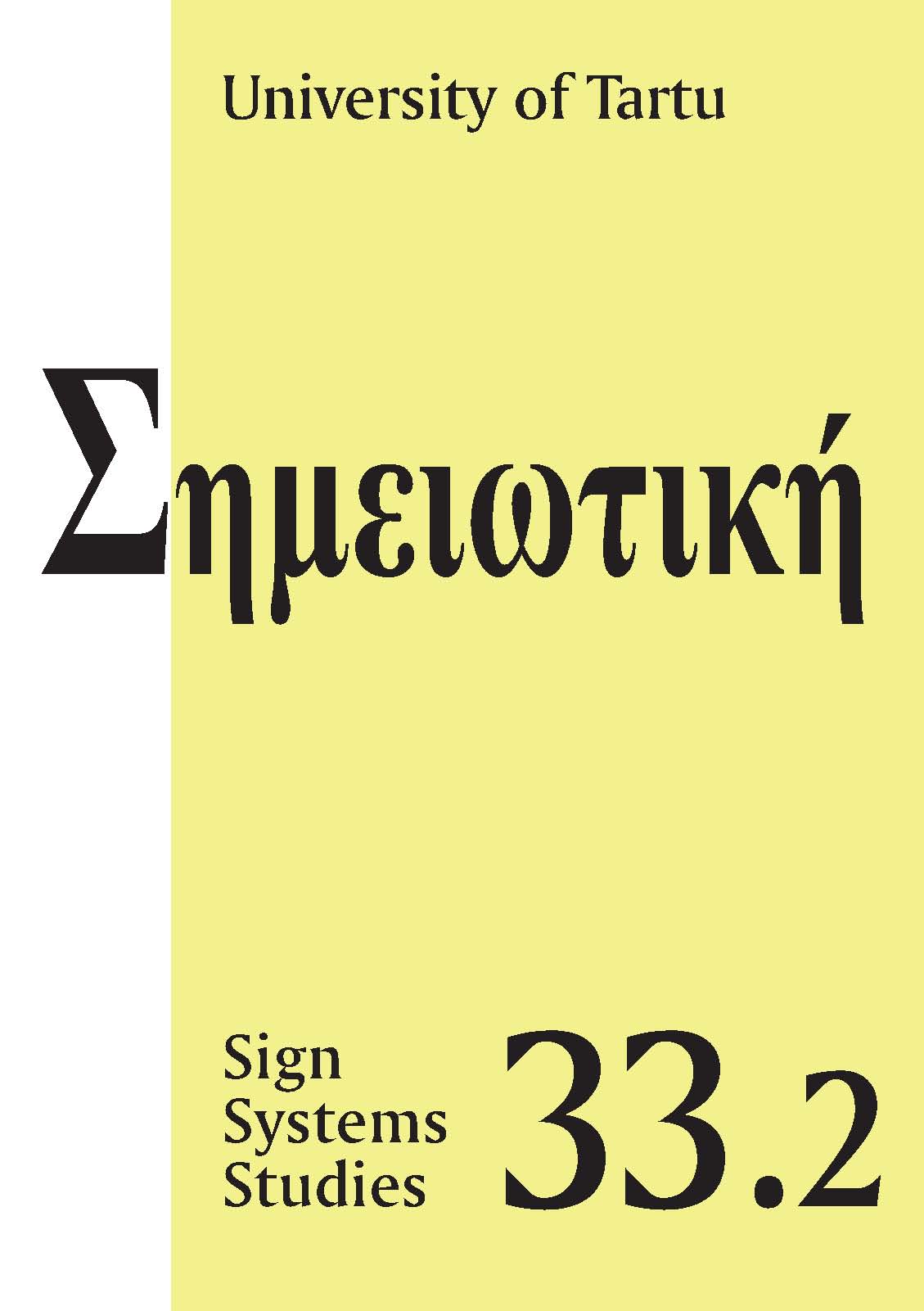Hints and guesses: Legal modes of semio-logical reasoning
DOI:
https://doi.org/10.12697/SSS.2005.33.2.01Abstract
Legal semiotics is an internationally proliferated subfield of general semiotics. The three-step principles of Peirce’s semiotic logic are the three leading categories: firstness, secondness and thirdness, grounded on the reverse principles of logic: deduction, induction and — Peirce’s discovery — abduction. Neither induction nor abduction can provide a weaker truth claim than deduction. Abduction occurs in intuitive conclusions regarding the possibility of backward reasoning, contrary to the system of law. Civil-law cultures possess an abstract deductive orientation, governed by the rigidity of previous written law, whereas the actual fragility of a common-law system with cases and precedents inclines to induction, orienting its habituality (habits) in moral time and space. Customary law gives credit to abductive values: relevant sentiments, beliefs and propositions are upgraded to valid reasoning. The decision-making by U.S. case law and English common-law is characterized as decision law with abductive undertones.


